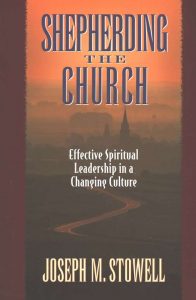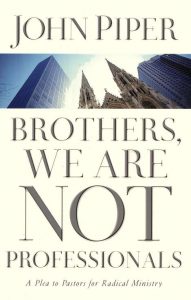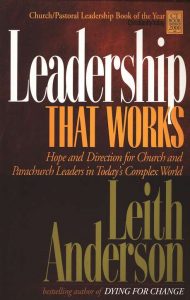When the whole world is running towards a cliff,
he who is running in the opposite direction appears to have lost his mind.
C.S. Lewis
Introduction To Leadership
Sometimes as leaders in the Church we find ourselves running in the opposite direction from the rest of the world. The world is constantly redefining what it sees as morally right and wrong. The shift has not been positive and so the church has often found itself in opposition to this newly defined reality. The result is that we as a church are increasingly seen as strange, disconnected or in some cases irrelevant.
Yet all of these shifts have also resulted in more opportunities. While the changes have created more suffering, the church is uniquely positioned to offer hope to a dying world. The real question is will we take advantage of these opportunities?
Paul’s words to the church in Corinth are of great help here:
1 Corinthians 9:19–23
19For though I am free from all, I have made myself a servant to all, that I might win more of them. 20To the Jews I became as a Jew, in order to win Jews. To those under the law I became as one under the law (though not being myself under the law) that I might win those under the law. 21To those outside the law I became as one outside the law (not being outside the law of God but under the law of Christ) that I might win those outside the law. 22To the weak I became weak, that I might win the weak. I have become all things to all people, that by all means I might save some. 23I do it all for the sake of the gospel, that I may share with them in its blessings.
While the message of the gospel should never change, the methods we use can and should.
Church Governance
One of the first things the church needs to do is to ensure that there is a biblical leadership structure in place. The church needs a team of diverse yet spiritually gifted men who provide spiritual guidance to the local body. While I prefer the term ‘elders’, whatever label you use, the benefits of having a plurality in leadership are as follows:
- guard against one person becoming a celebrity
- greater likelihood of everyone finding someone in leadership they can relate to
- provide a system of mutual accountability
- balance each other with differing gifts
- coordinated effort towards meeting the needs of the local body
My favorite book on church governance:
 |
Biblical Eldership by Alex Strauch
I had the unique opportunity of being personally mentored by Alex the author of this book. Regardless of denomination, so much can be learned from what Alex has to say here. |
Personal Leadership Style
Leadership – Personality Type:
Over the years I have taken a number of different “personality tests”. Probably the one that has made the most sense to me is the Myers Briggs. My results for that test have been relatively consistent – INTJ (Introverted, intuitive, thinking, judging). From this, the Myers Briggs system goes on to conclude that INTJ’s lead strategically. They are visionary leaders who are rational and determined. I have found this to be very true about myself. I am a dreamer, with lots of ideas. To implement those ideas, I prefer to work as a team, to have others around me who will help champion those ideas and help them come to life.
I have heard it suggested by some that introverts don’t make good pastors. I would argue quite the opposite. To me introversion doesn’t mean a dislike for people. I love people. I don’t like to be the life of the party. I do however treasure the quieter moments when I can really connect with other people about the things that really matter.
Leadership – Power and Control:
As a Pastor I have never been one to desire power or control. My starting point working with staff or volunteers has always been “great idea – go nuts!!”. I like the phrase “if it ain’t broke, don’t fix it.” If I don’t have to be involved, then I am happy leaving it alone.
However, I do take my responsibilities seriously. Nothing is ever perfect, and so I am always looking for ways to improve on the things I do, and to encourage others towards their best. If I am going to be held accountable for something, then I need to know it is being done to the best of my ability. I have also found that where there is a vacuum, I will find myself stepping up to see the job get done.
The execution of all of this, requires that the Pastor function differently depending on context. Some situations require that the Pastor step out and provide clear direction. Other times the Pastor needs to lead from the middle. Then there are also times when the Pastor needs to be ever so subtle and nudge from behind encouraging others to step up. These shifts are not always an easy transition for the Pastor or for others in the church. There will always be times when the lines aren’t so clear. It is in those moments that we need to be patient with one another and try and see the best in each other. The hope is that all of us only want what is best for the local body and the church as a whole.
Books on personal leadership:
 |
Shepherding the Church by Joe Stowell
I have only met Dr. Stowell once, but I have followed his ministry for almost 30 years now. Knowing a bit of who he is, has made this one of my favorite books on leadership. As a side note, I believe that he is one of the best preachers alive today. |

Brothers We Are Not Professionals by John Piper |
 Leadership That Works by Leith Anderson |
 Leading With Love by Alex Strauch |
 They Call Me Pastor by H. B London and Neil B Wiseman |
